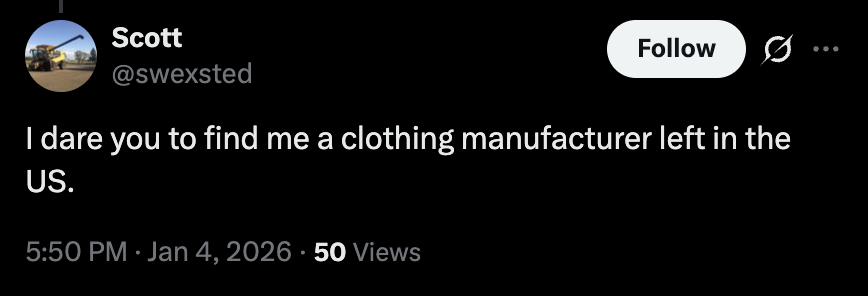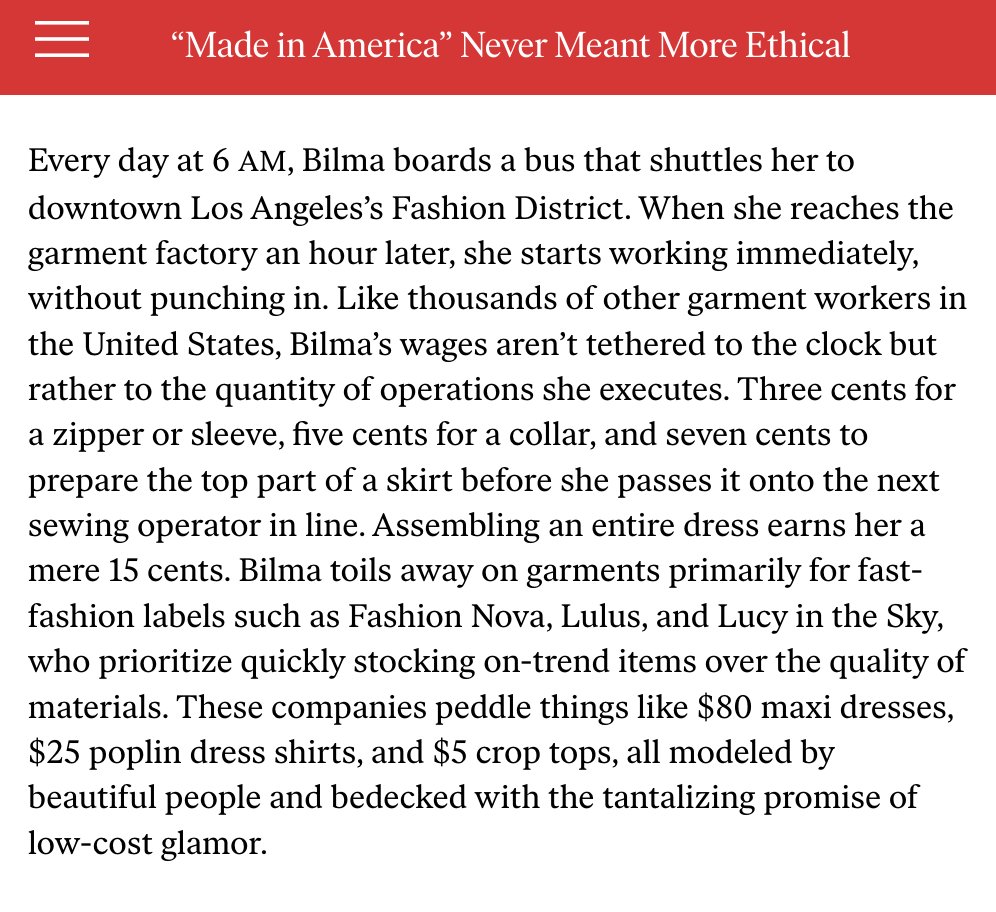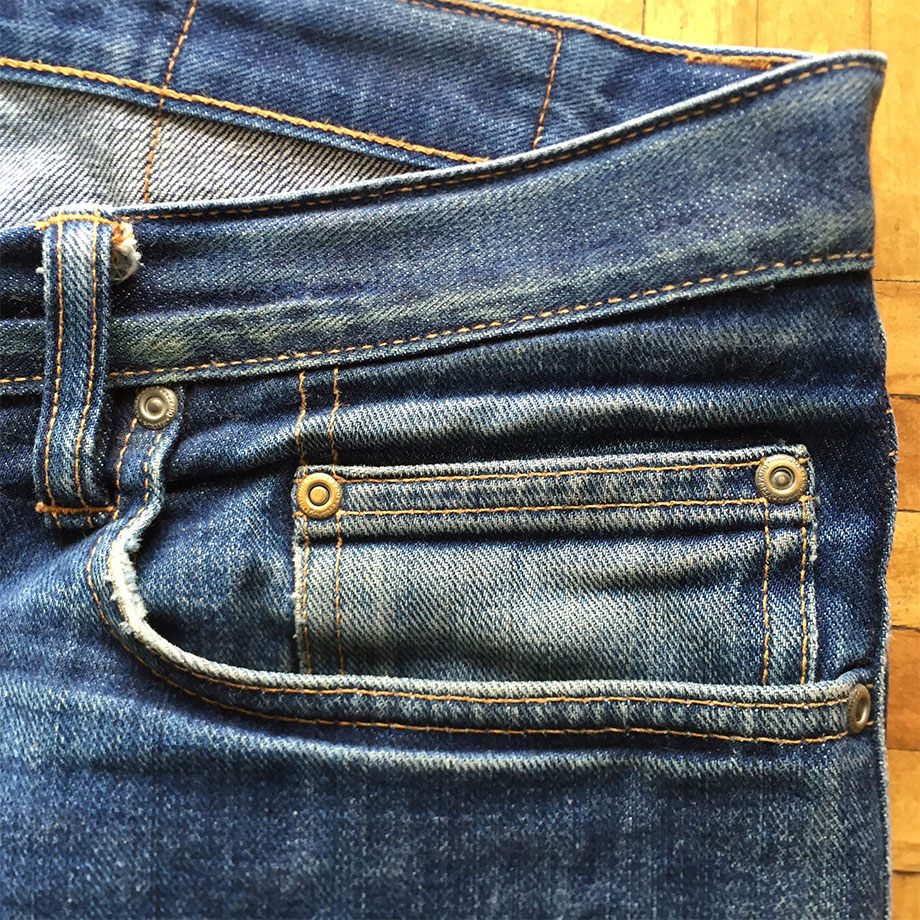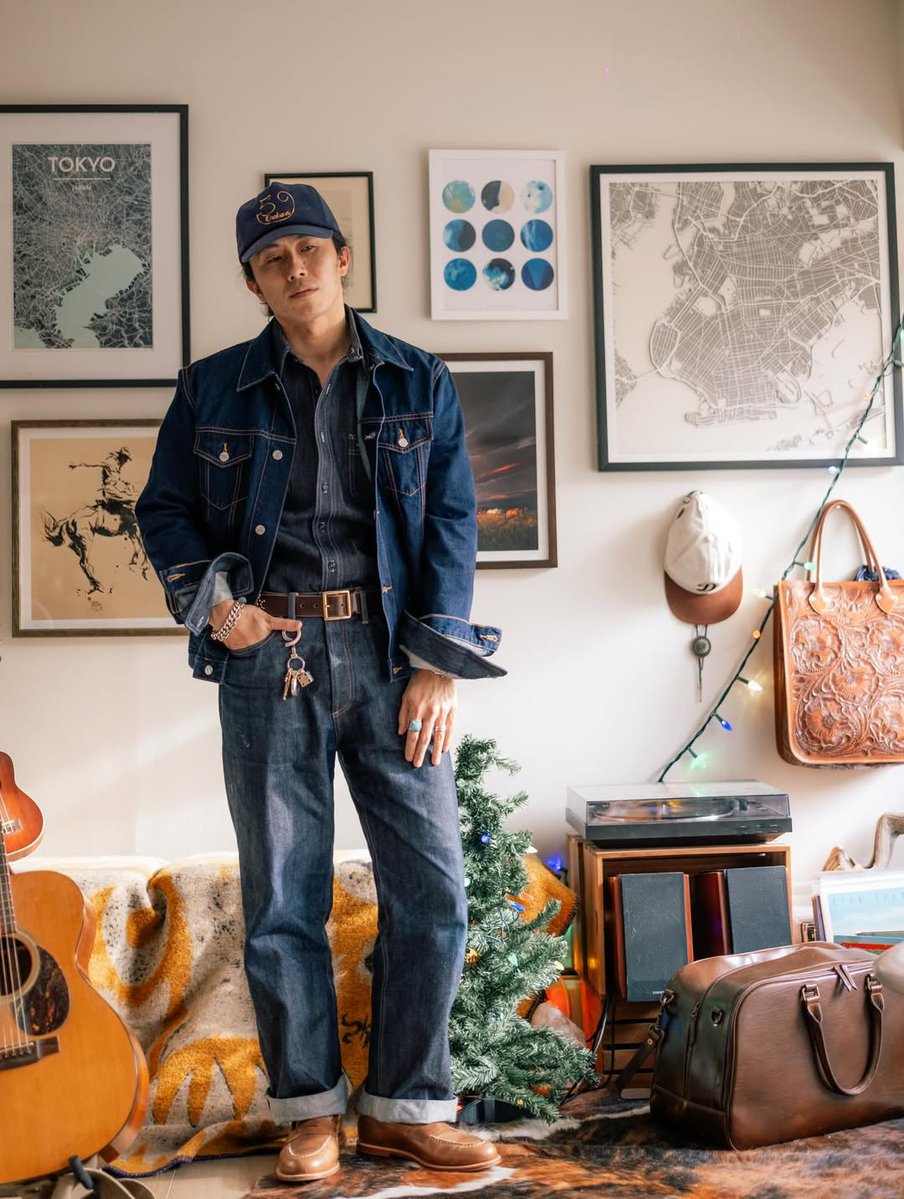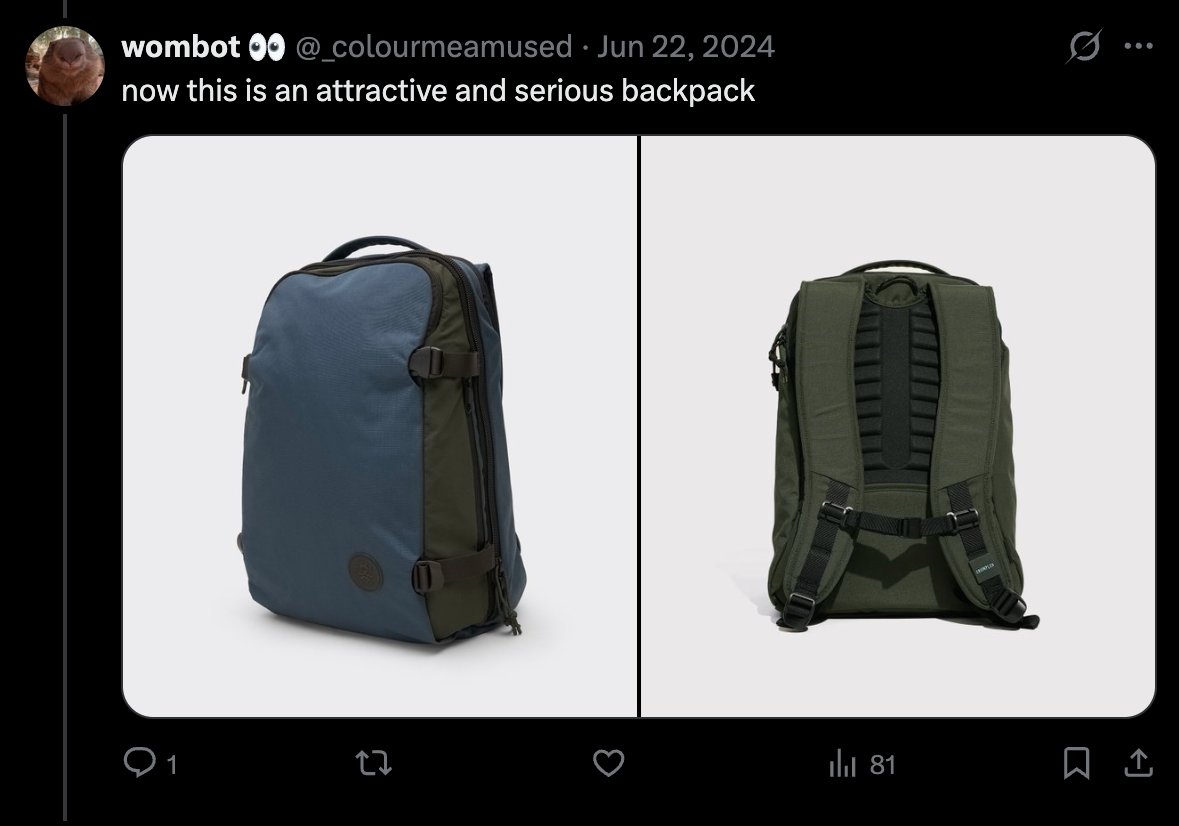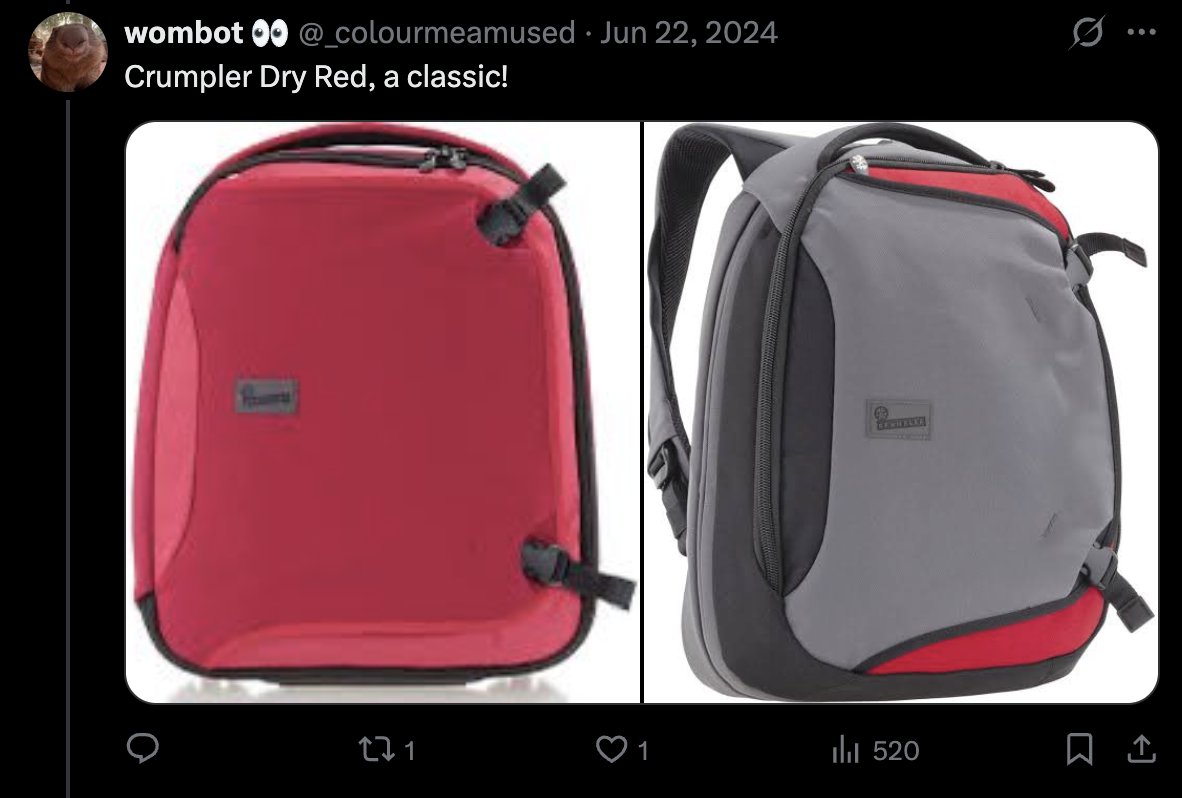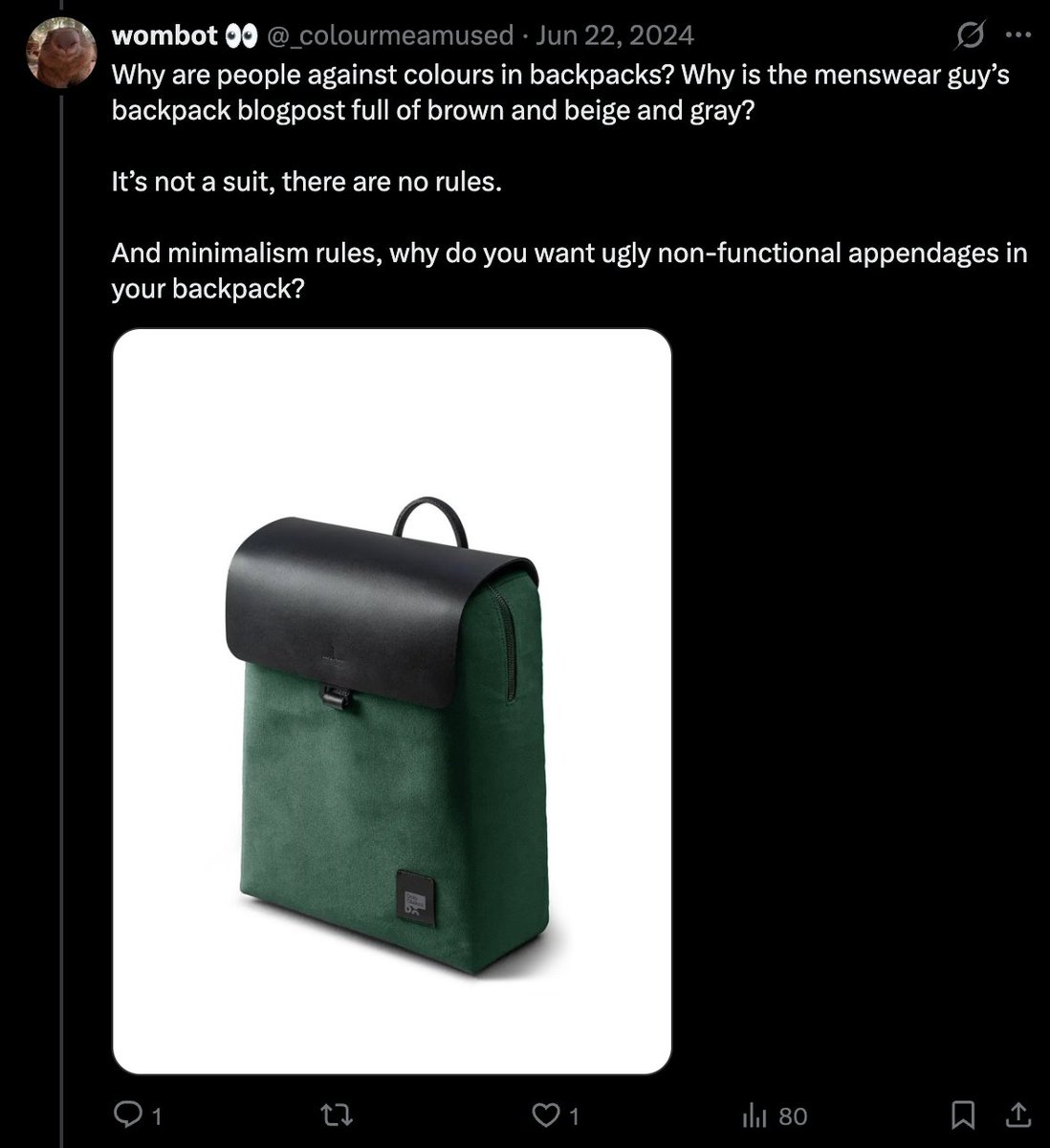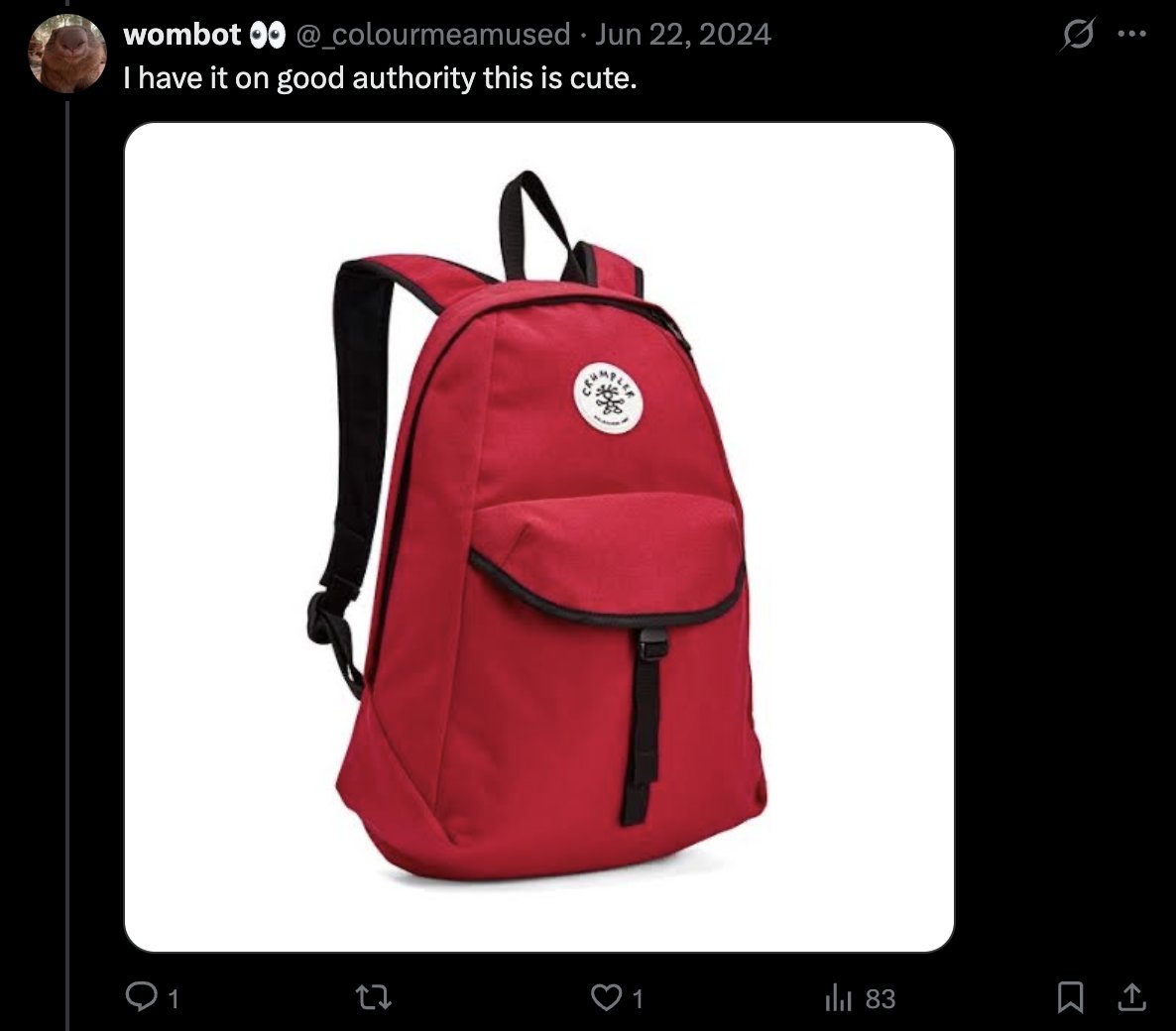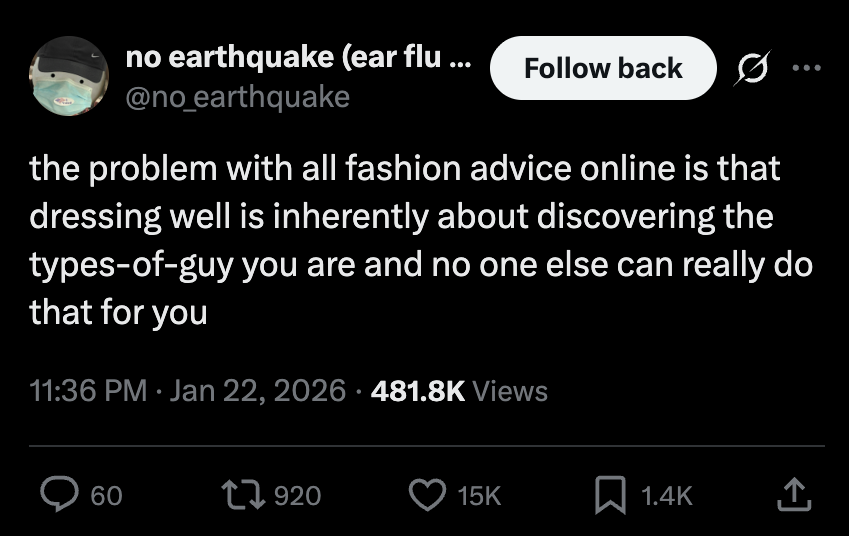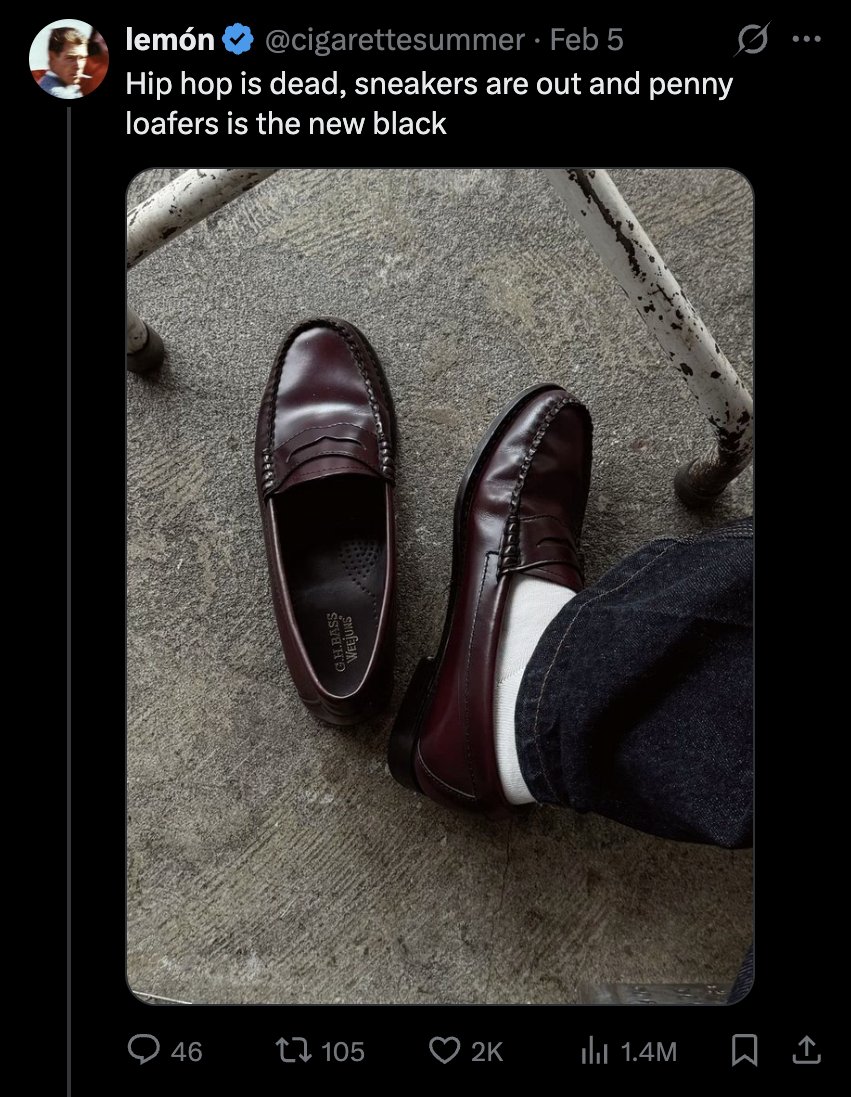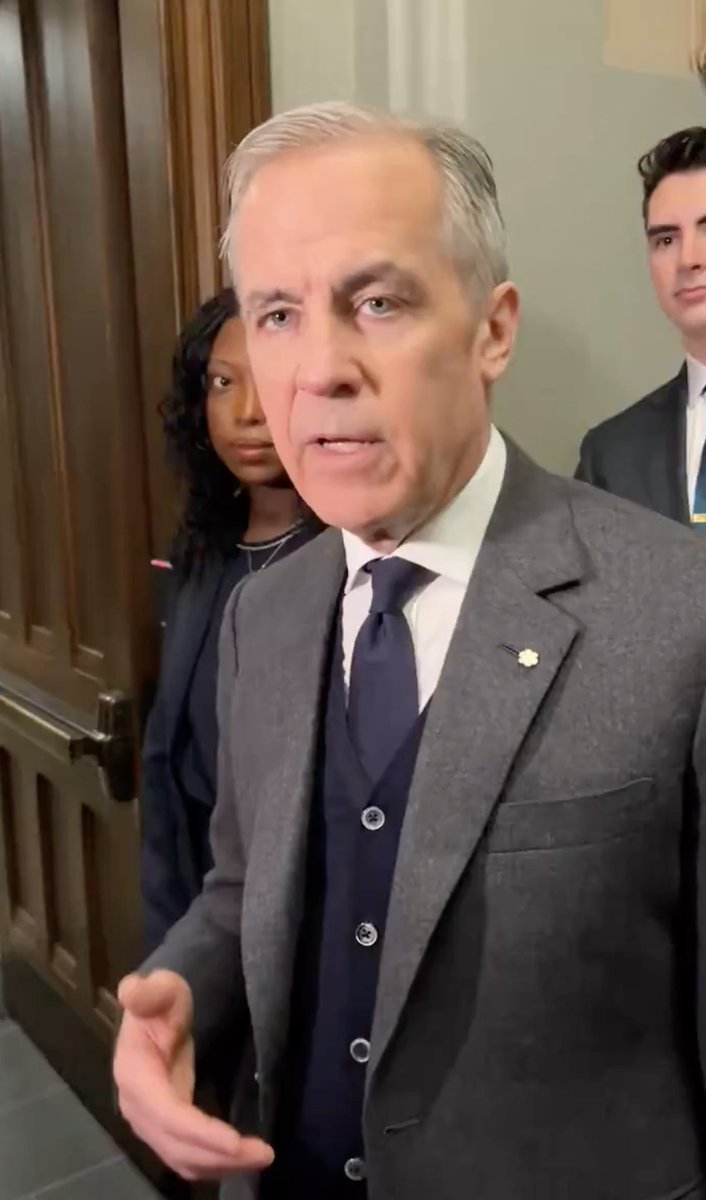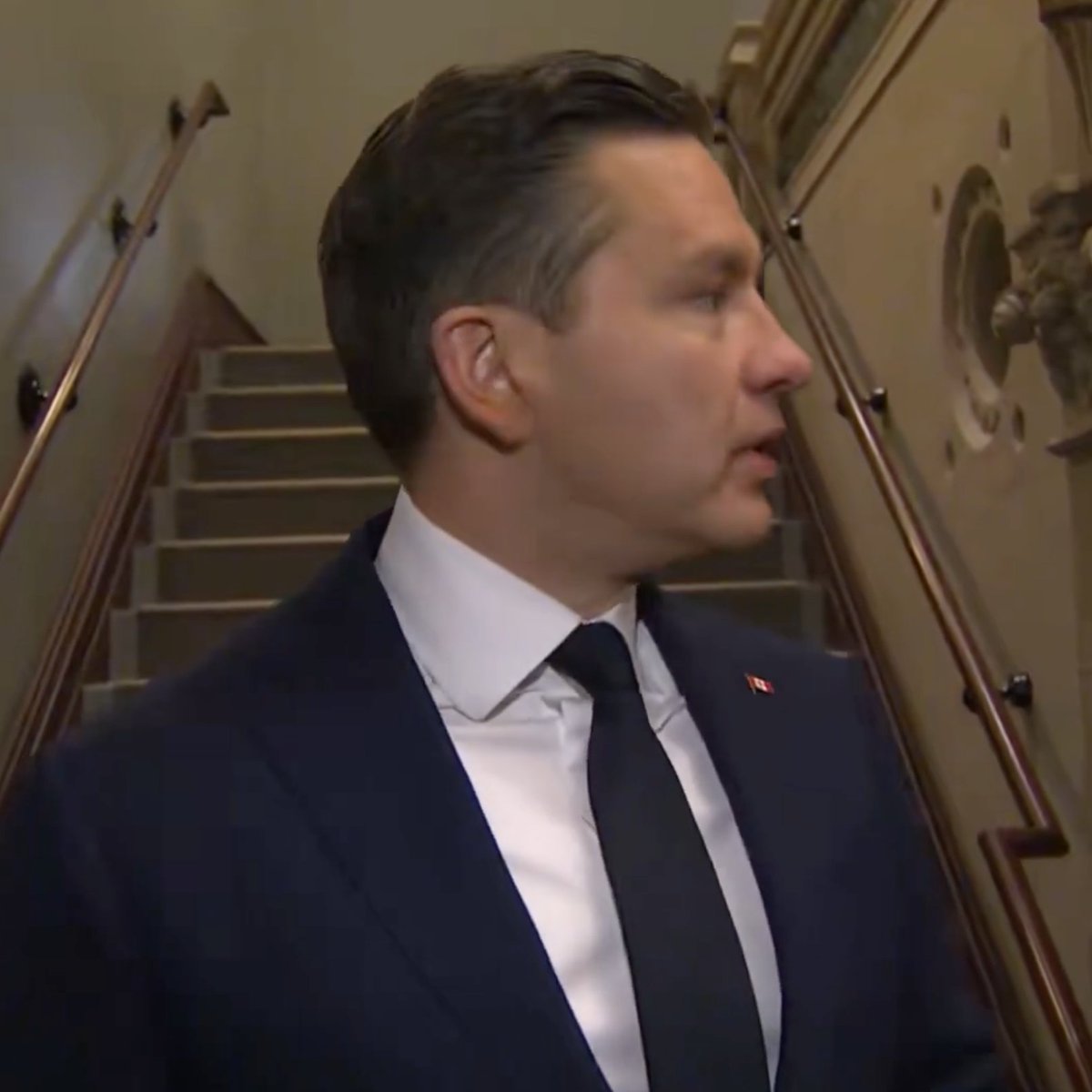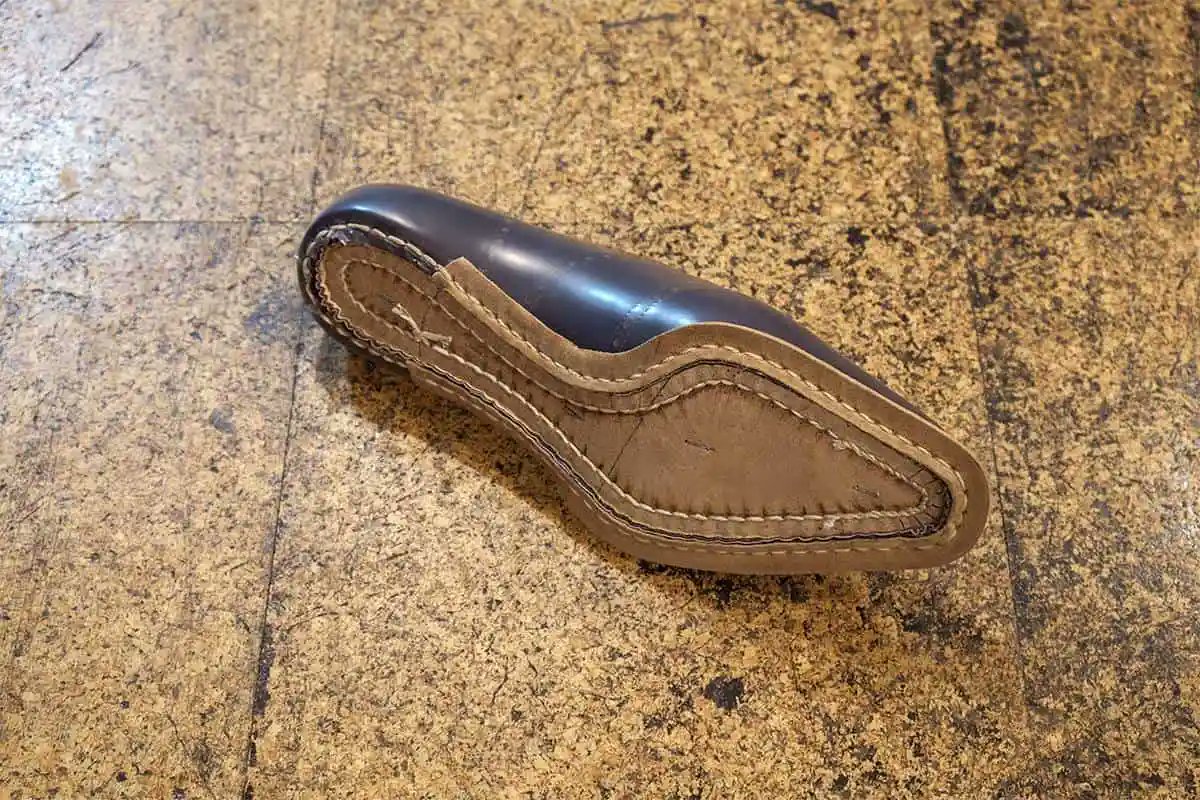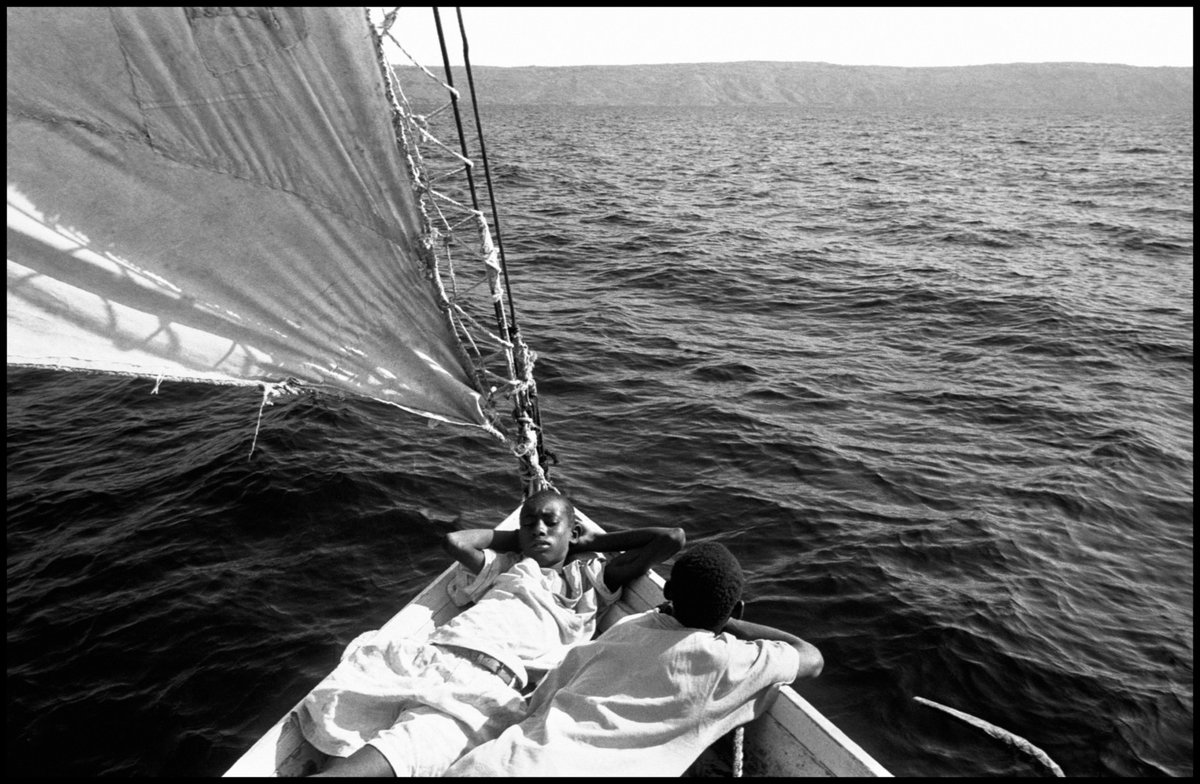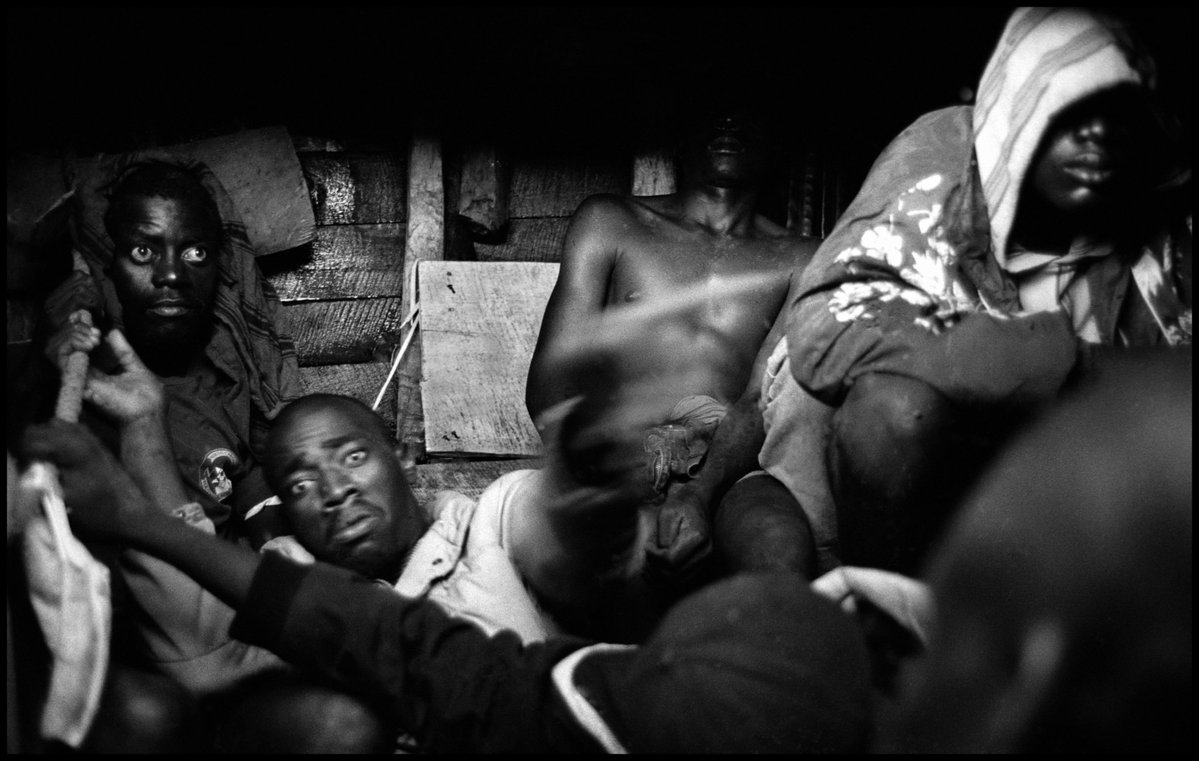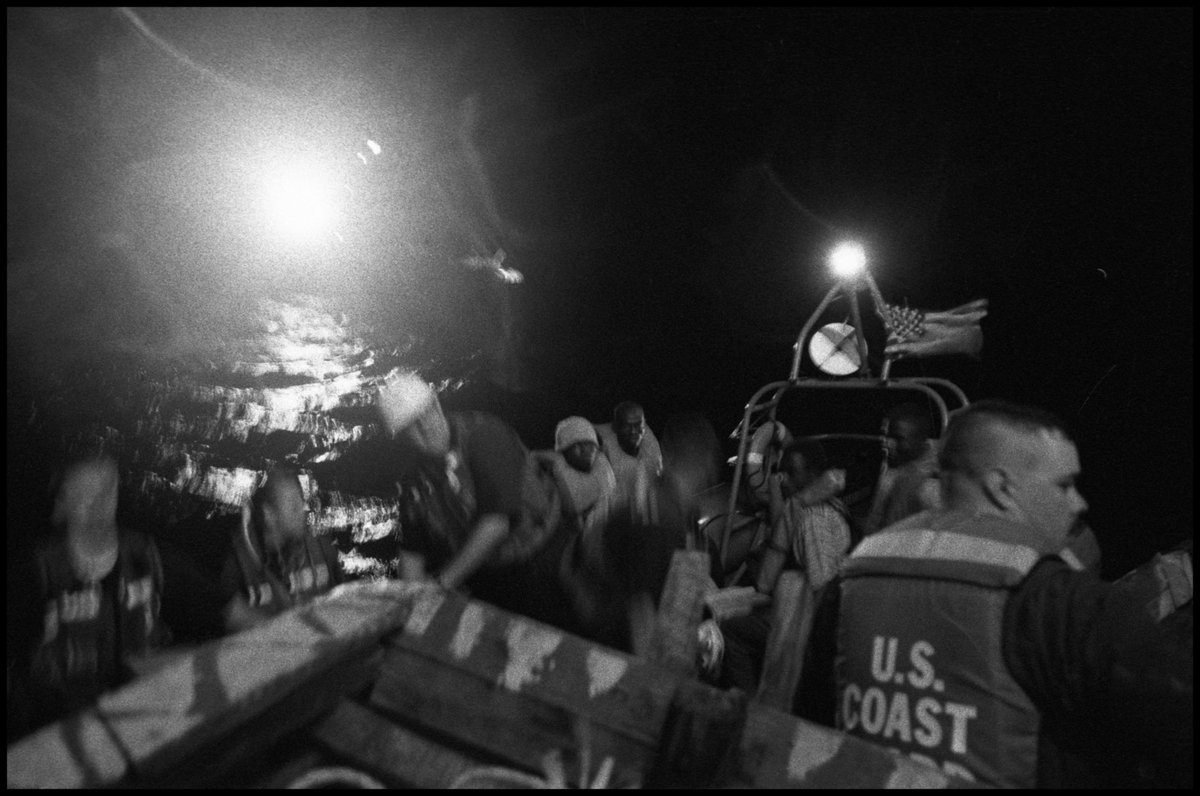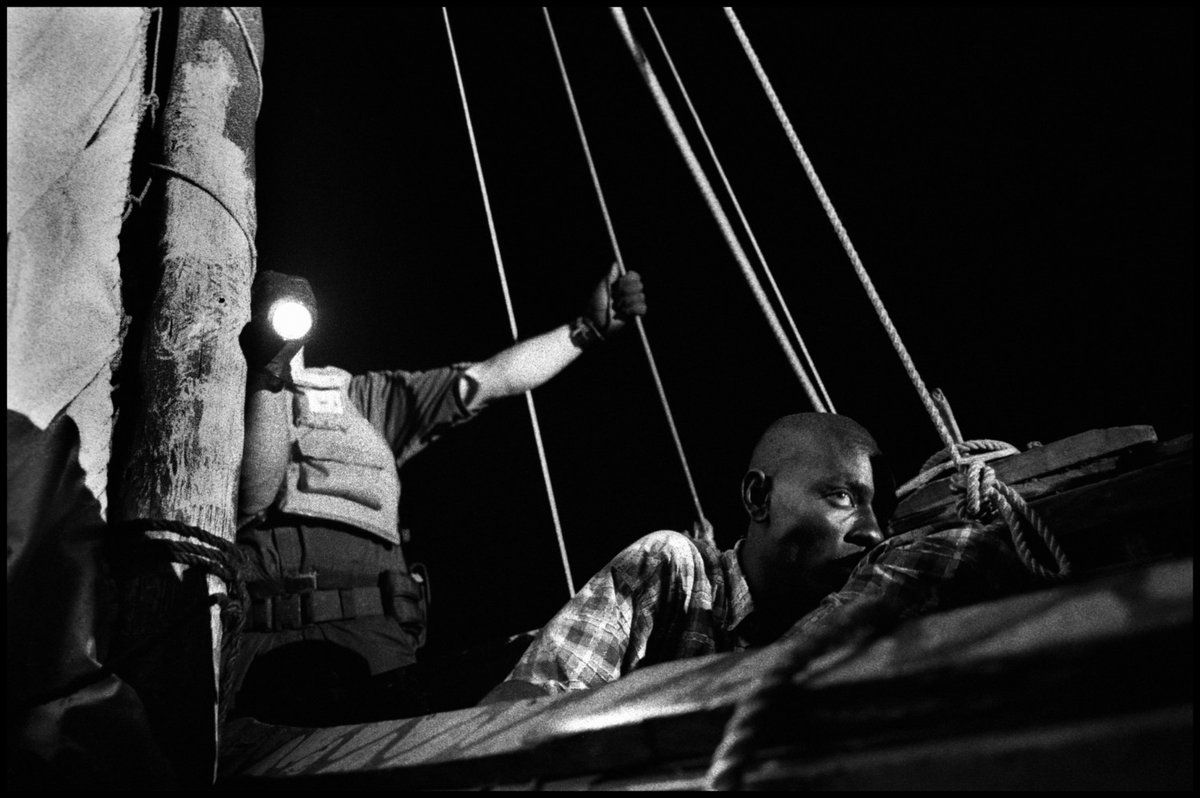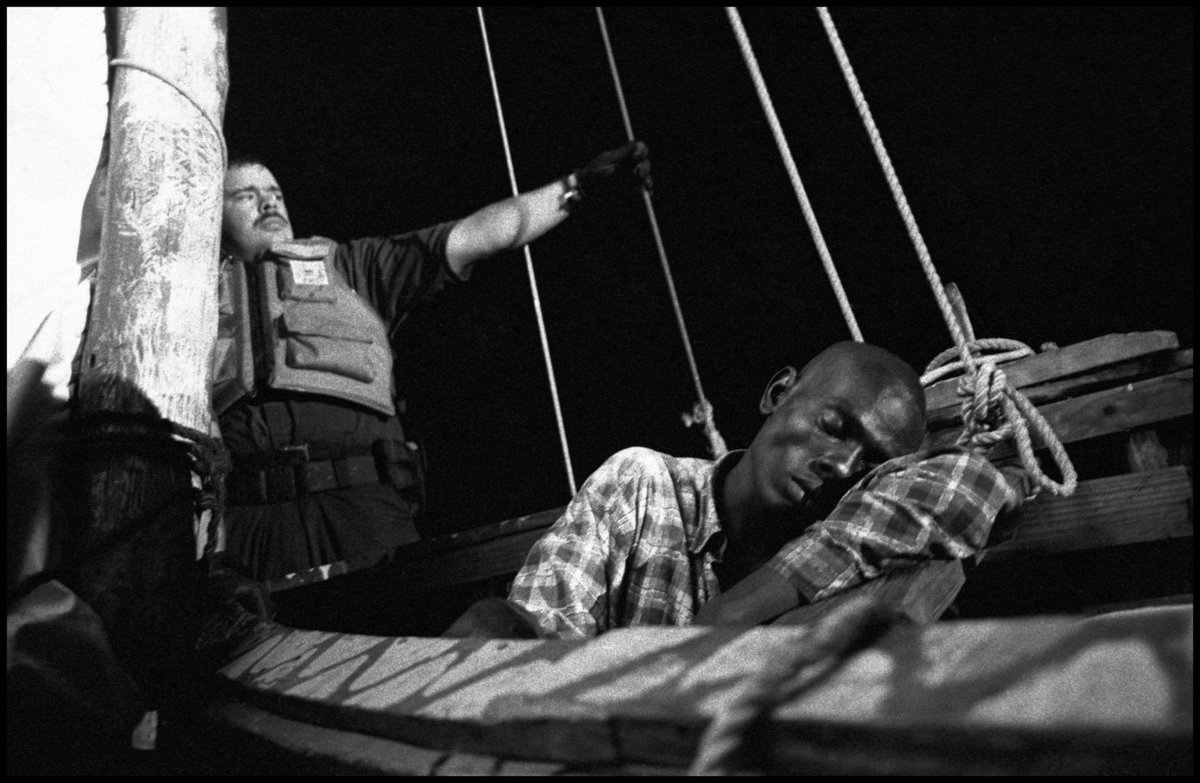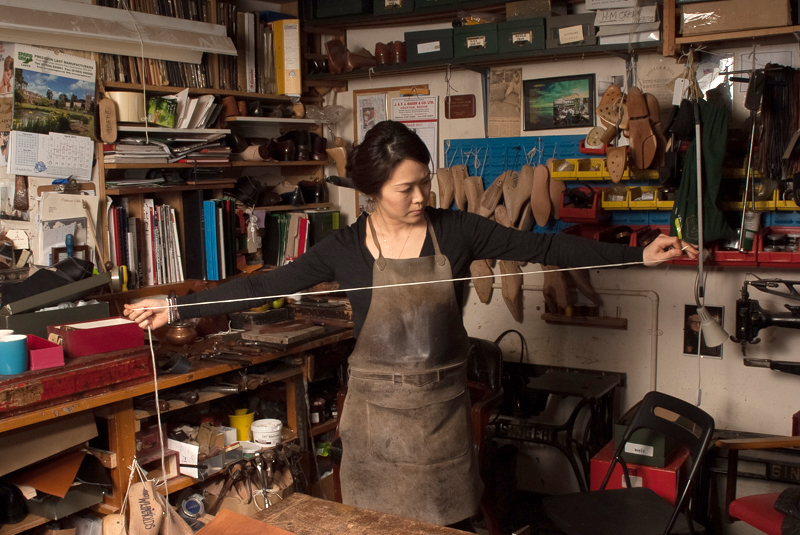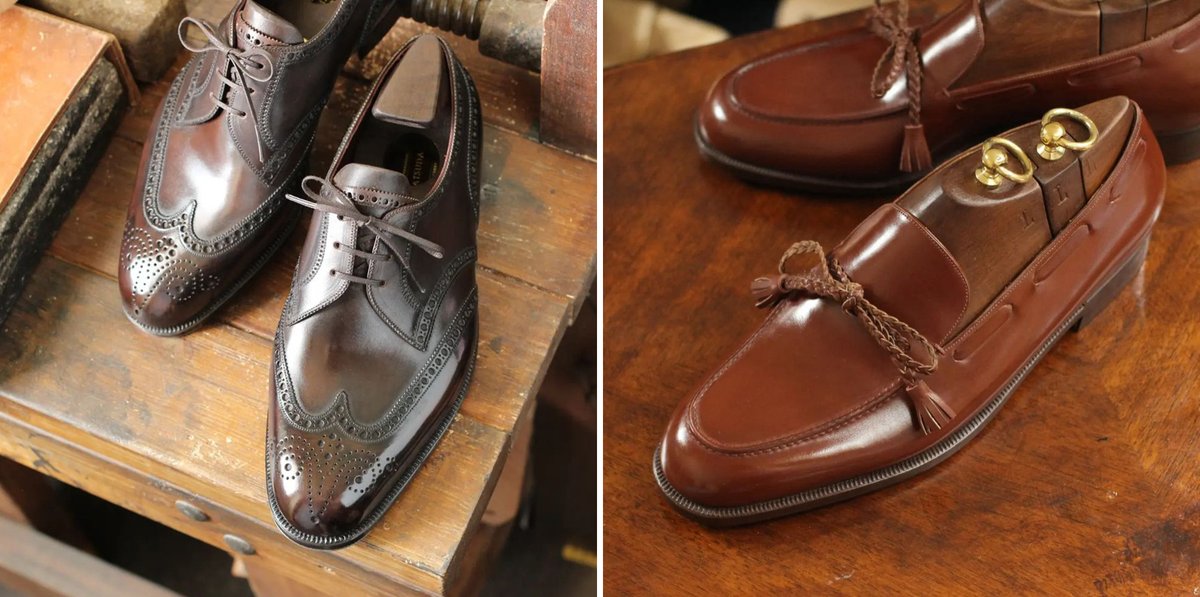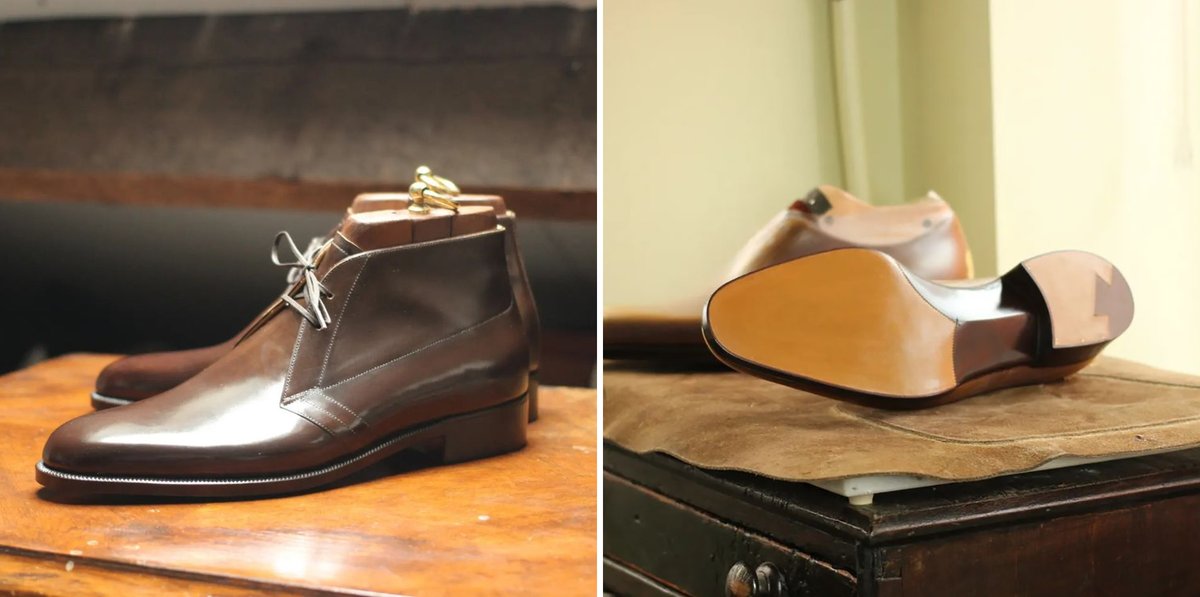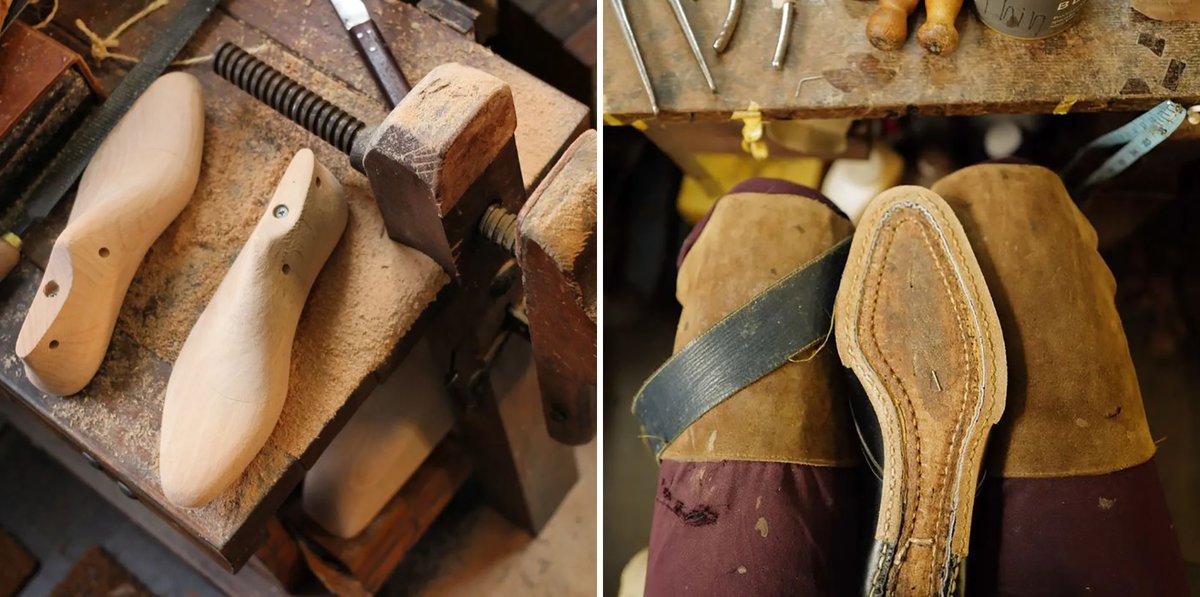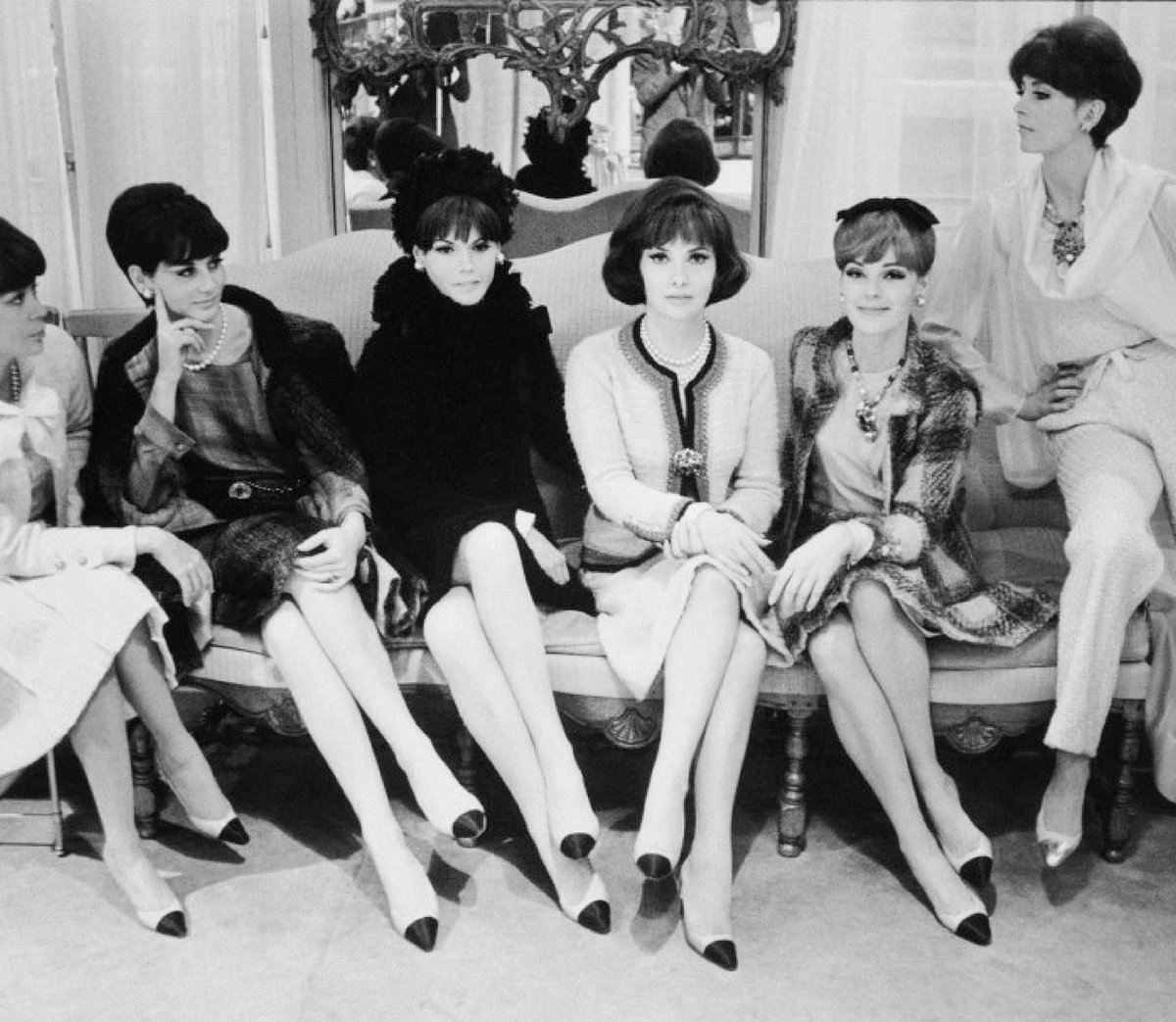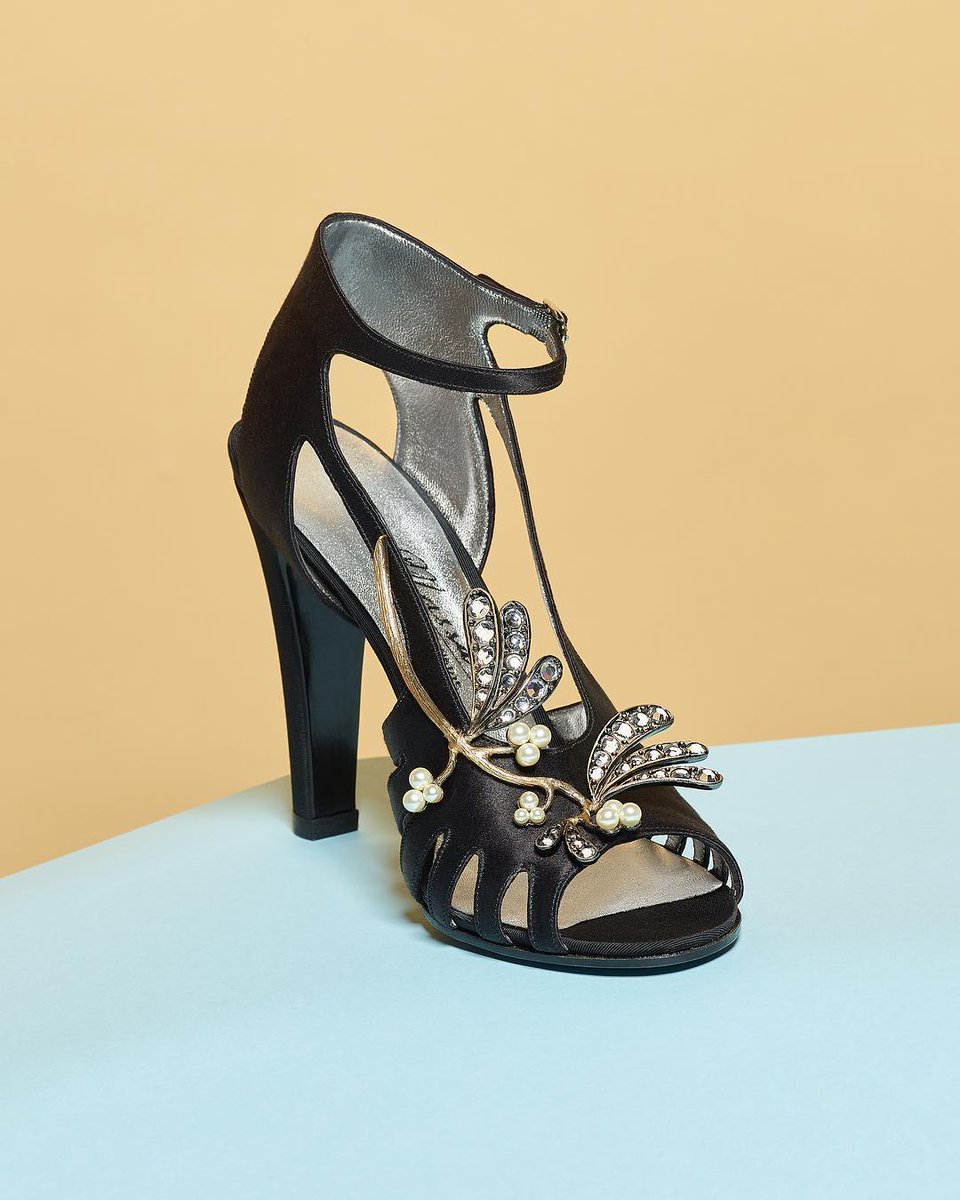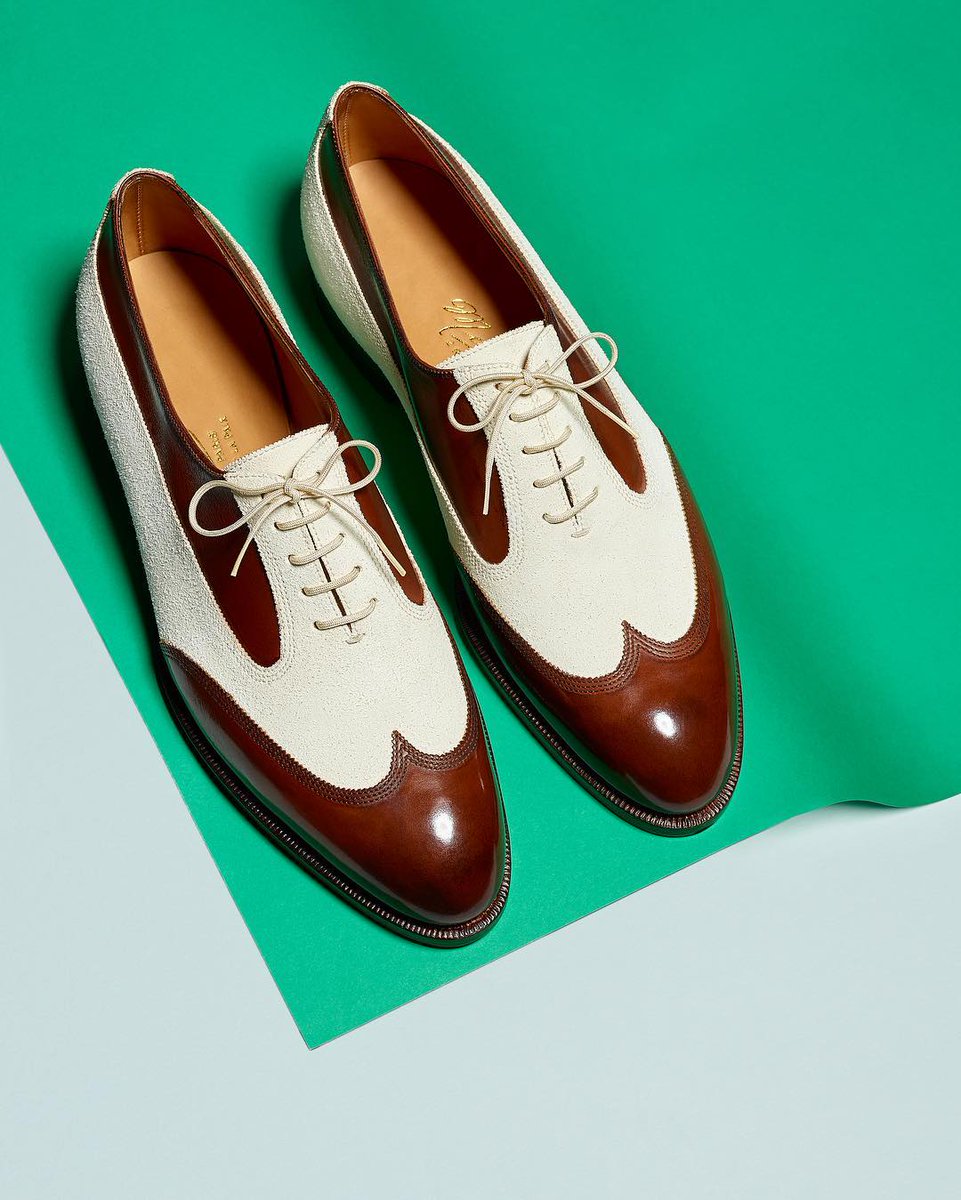How to dress for the civil war (aka how to style cool military items). 🧵
https://twitter.com/cstx924/status/1853282812666798241
The first and most obvious is a field jacket. Every armed force around the world has their own designs. Since I'm based in the US, I will only talk about the ones issued by the Quartermaster General of the US Army. 

There have actually been several iterations, each denoted by an M and two numbers for the year issued. The M43, which was in service from 1943 through the 50s, has lapels (pic 1). The M51, issued during the 1950s through 60s, has a shirt style collar (pic 2). 

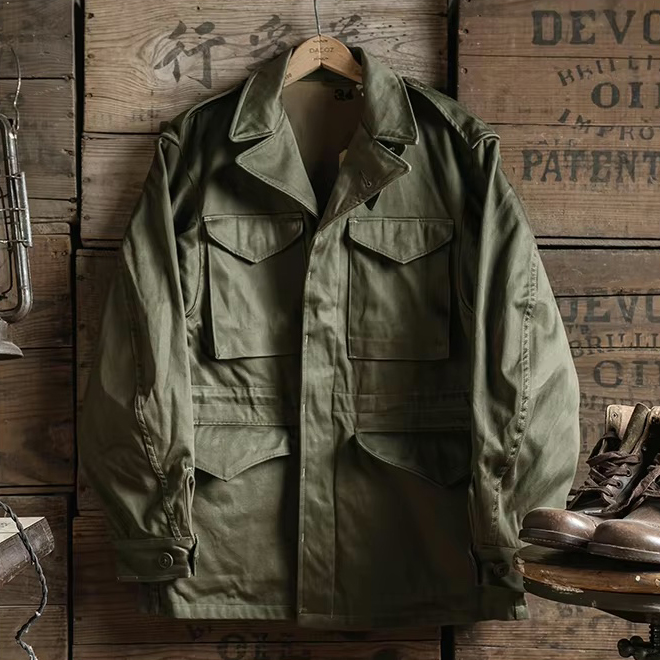

Most people will be familiar with the M65. Issued during the Vietnam War, this style was worn by Travis Bickle (Taxi Driver), Lindsay Weir (Freaks & Geeks), and Frank Serpico (Serpico). Inside the zippered stand-up collar, you can find a rain hood, which is pretty useful. 

You can find military field jackets for pretty cheap at military surplus depots, vintage shops, and online sites such as eBay and Etsy. Of course, countless designers also riff off the design (Ralph Lauren has done some good ones). These can be layered over tweed sport coats ... 



... or worn over grey sweatshirts, workwear, and jeans. Here we see some of the guys at The Armoury wearing versions from The Real McCoys, a Japanese repro brand. They layer them over naval chambray shirts and Western shirts, and team them with military chinos. 

My only strong feeling about these is that they should be roomy. Vintage versions are great because they come with wear-and-tear. Although sizing can be tough online, so shop from a place that gives sizing advice (I like Wooden Sleepers in Southern Westchester, NY). 



There are also military chinos, specifically ones issued by the US military in 1942, which were made from high-density twill cotton fabric. They're wide legged and high rise. Proper big cut. Available vintage or from repro brands like Buzz Rickson (at Self Edge) and Bronson MFG. 



If you want a slimmed up version, check out RRL's officer chinos or field pants. These are different from your basic J. Crew or Gap chinos in that they're made from a heavier, stiffer fabric and feature unique back flapped pockets. More of a workwear vibe; less business casual. 


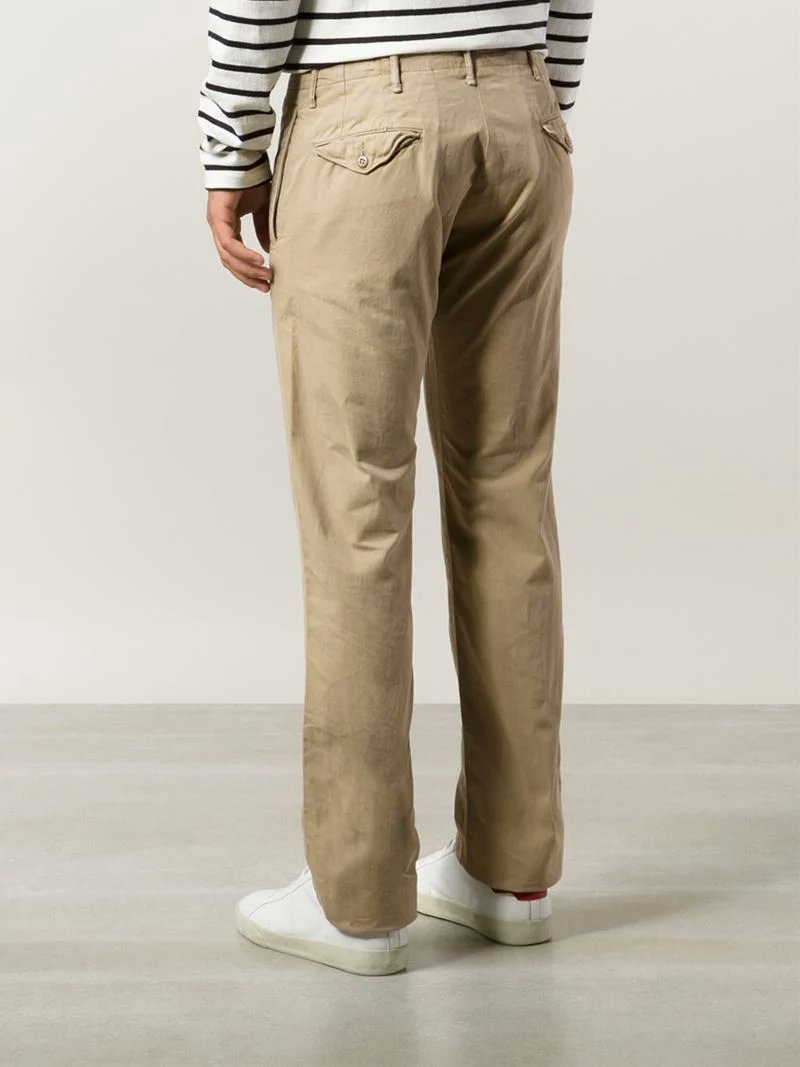
You can also check out OG-107 fatigues. OG 107 stands for the specific olive green the US military used for uniforms. If shopping vintage, try to find ones made before the 1980s, as they'll be pure cotton. After the 80s, the US switched to a poly blend that didn't fade as well. 

If wearing vintage fatigues grosses you out, then you can also check out Stan Ray or Earls Apparel (available new or on eBay and Etsy). Note that they've done a few cuts over the years. IMO this looks best when it's a bit full, like the originals. 



Far and away, my favorite fatigues are Bryceland's P13, which features extra spacious cargo pockets. They are cut pretty generous through the leg and are super high rise. Feels like cardboard new, but soften up nicely with a wash. Size up. 

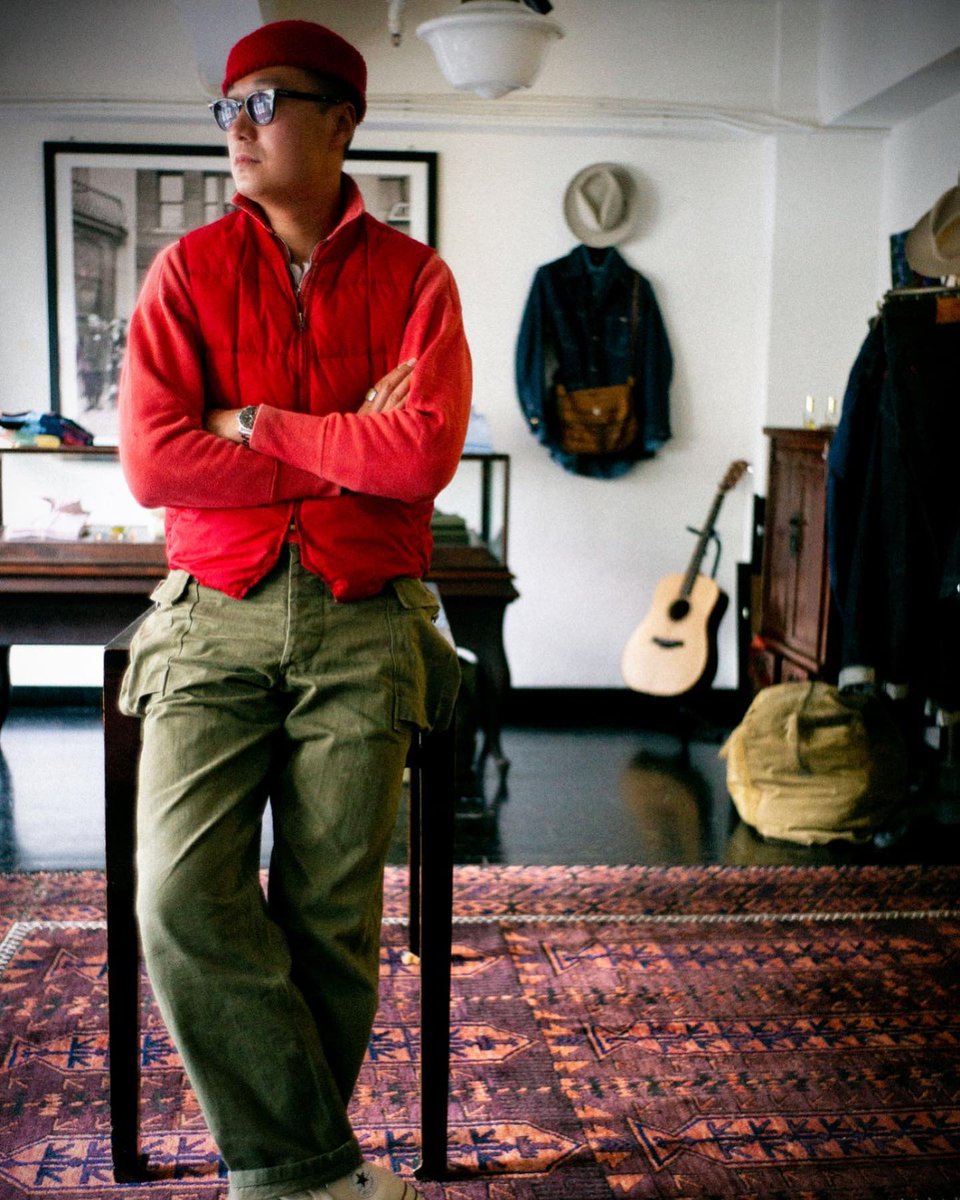

There are also leather bomber jackets, such as the A-1 (distinguished by its ribbed stand-up collar), A-2 (fold down collar), G-1 (fold down collar made with a removable sheepskin cover), and B-3 (a full sheepskin bomber for extra warmth). 







More affordably, you can check out nylon CWU 36/P MA-1 bombers. There's vintage and brands such as Alpha Industries. Years ago, Monitaly did a version made from vintage parachute fabric. I love their riffs on workwear. 



For something lighter, try the liners that went into military field jackets. They look great worn on their own, particularly with jeans, knitwear, and work boots. There are the original vintage versions and designer (e.g., Visvim, Rag & Bone). 





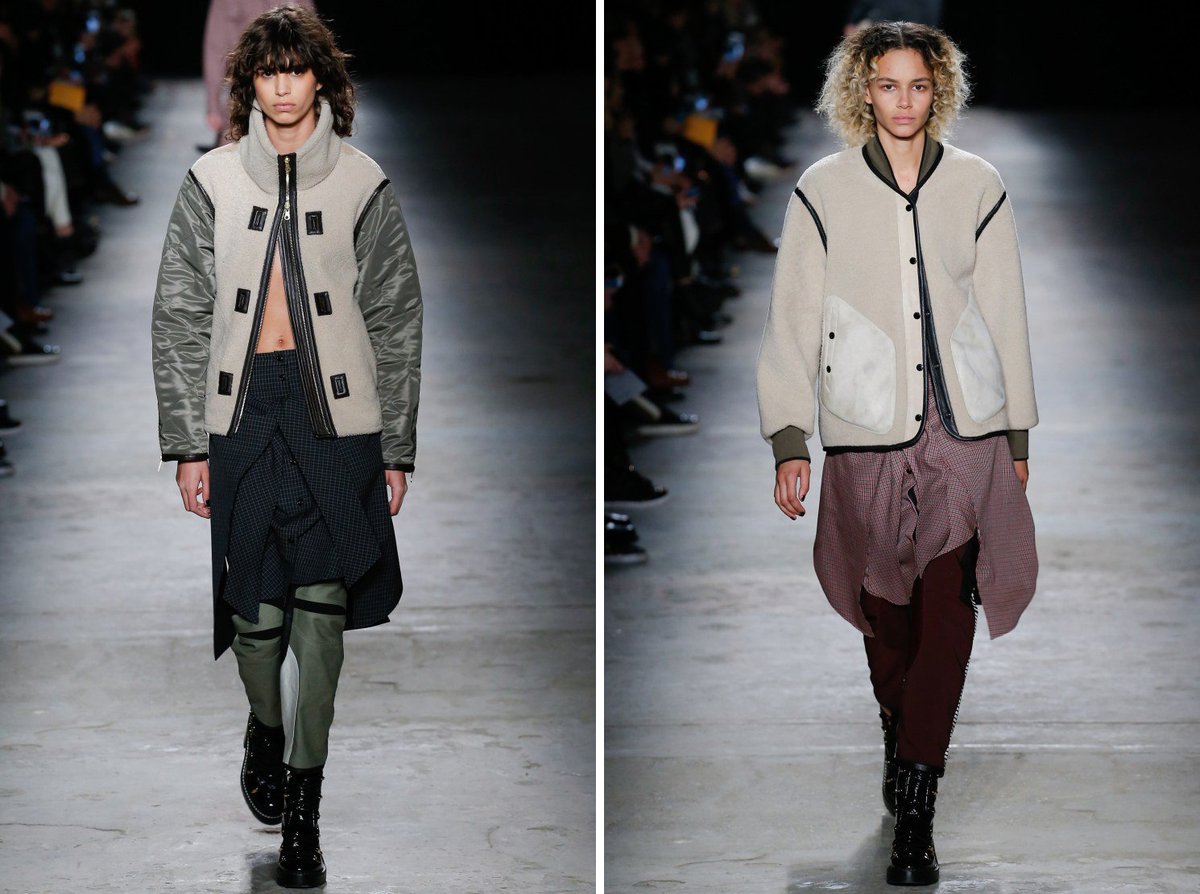

For military footwear, you can check out US service boots (original, repro, or upscale versions like Viberg, pictured below). Or German Army Trainers, which were issued post-war (no Nazi). Margiela does a great repro version made from better materials, but its $$$. 



There are too many other options to name. I've mostly stuck to classic, heritage styles, but brands such as Acronym and Rosenrot often incorporate military elements into their designs. The result is something totally innovative and futuristic.
Military surplus items can be great because they allow you to play with different silhouettes, such as a big rounded top with full pants that are cinched at the ankle. 




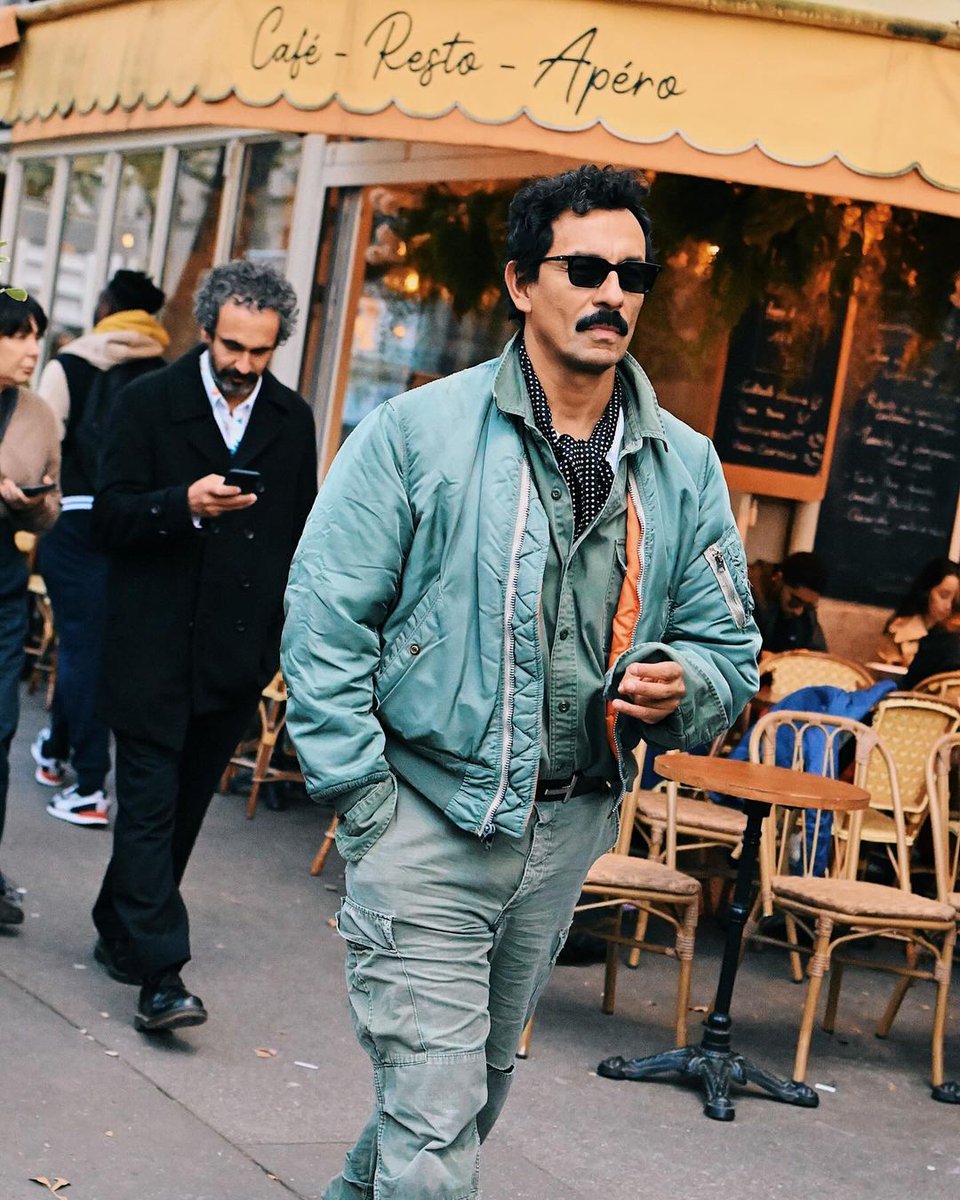


Even with something as simple as a pair of jeans and some sneakers, you can look great with a chambray naval work shirt and a US Army field jacket. The uniform evokes a certain masculinity that can be worn by people of all genders. Best of all, the clothes look better beaten up.
• • •
Missing some Tweet in this thread? You can try to
force a refresh


